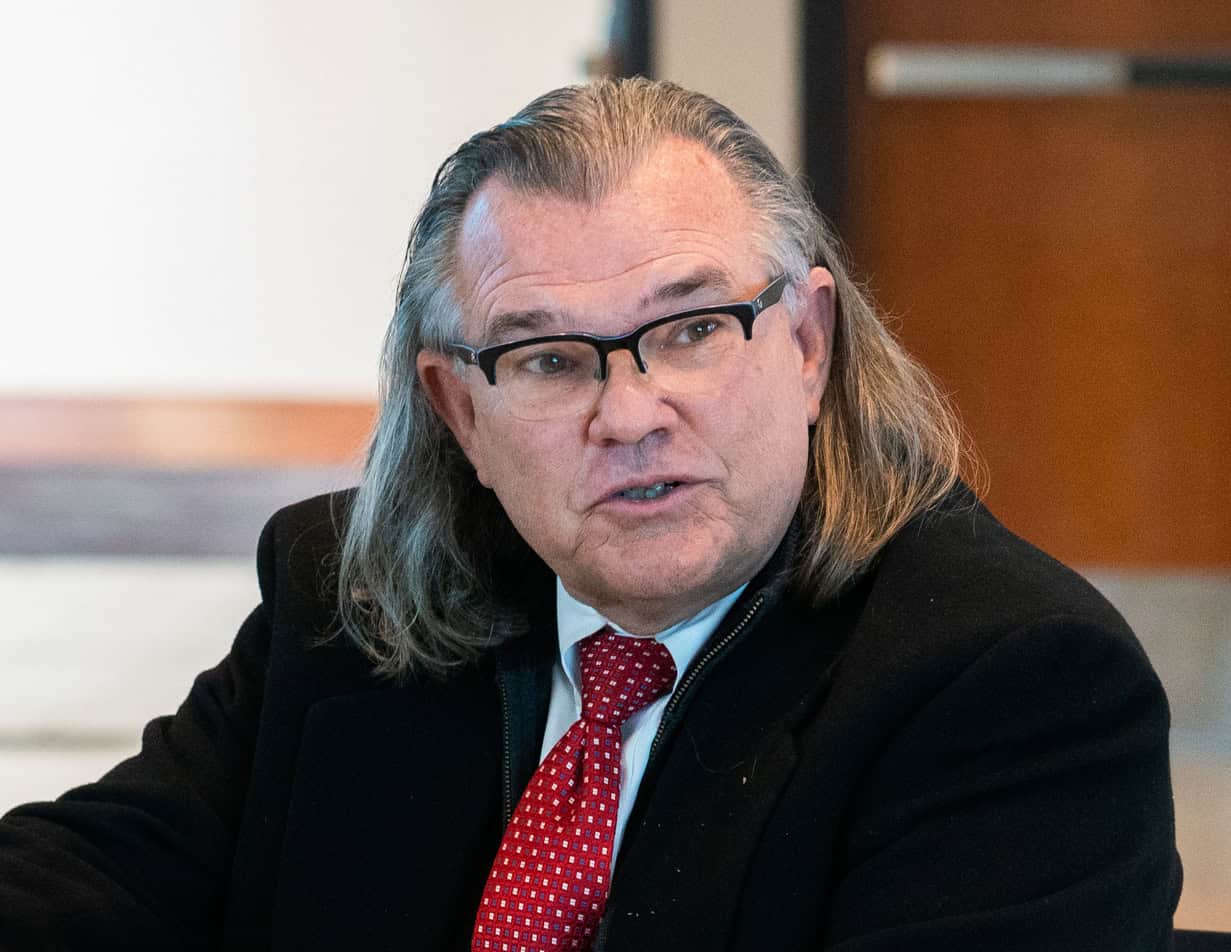An Iowa Manufacturer Urges Congress to Preserve Tax Reforms

Manufacturers are counting on Congress to preserve tax reforms that acted as “a shot in the arm” but are now at risk of expiring, Sukup Manufacturing Co. President and CEO Steve Sukup told the House Ways and Means Committee recently.
What’s going on: The committee held a field hearing at the Iowa State Fair in Des Moines last month to hear from local companies about the impact of the 2017 Tax Cuts and Jobs Act on their businesses.
- At Sukup—the world’s largest family-owned and -operated maker of grain storage, drying and handling equipment—tax reform is credited as the single biggest driver of growth in recent years.
- “Sukup has grown over the past several decades, but nothing compares to when the Tax Cuts and Jobs Act was signed into law,” Sukup told committee members. “For example, thanks to the lowering of the corporate rate to 21%, Sukup grew our workforce by a third, adding roughly 200 well-paying manufacturing jobs to our community.”
A business boon: The 61-year-old company was able to make several key investments thanks to tax reform.
- Among these is Sukup’s Safe T Homes, quick-assembly houses made from the company’s grain bins and created after the 2010 earthquake in Haiti to provide people with much-needed shelter. One of the homes was on display at the fairgrounds.
- Another undertaking made possible by tax reform was the world’s largest free-span grain bin, two corn storage containers made for an ethanol plant in Mason City, Iowa. Each bin has a record-breaking capacity of 2.2 million bushels.
- Tax reform’s accelerated depreciation schedule allowed the business to go “from roughly $5 million in capital spending to almost $15 million,” Sukup told committee members.
What’s in jeopardy: The expiration of key tax provisions in 2022 and 2023—with more tax increases scheduled for the end of next year—has made it far more difficult for Sukup to put money back into the business.
- For example, tax reform’s pro-growth interest deductibility standard expired in 2022, making debt financing more expensive. “An accountant once told me, if you don’t have debt, that means you’re not coming up with new ideas,” Sukup said. “Many manufacturers like us borrow funds to finance essential long-term investments,” which are now more costly.
- Sukup is also monitoring looming changes to the estate tax. He called on Congress to protect family-owned manufacturers from the estate tax “so that I can ensure the third and fourth generations of Sukups can continue in our family business.”
Keep it going: Sukup ended his testimony by reiterating the advantages tax reform brought to his business and emphasizing the need for Congress to preserve tax reform in full.
- “Because of these policies, we’ve been able to not only maintain our business, but to provide a great living, health benefits and soon expanded child care for our employees and the community—even as we aid those in need around the globe,” he concluded.
- “I urge you to help us keep that growth streak going. Maintaining the 21% corporate rate, as well as the tax provisions I just described, is so important to manufacturers everywhere.”
